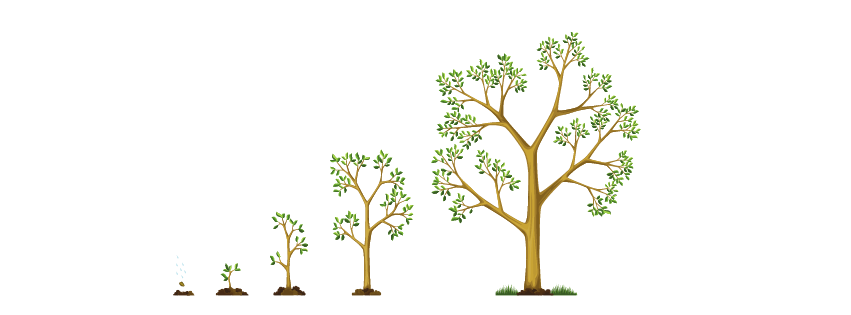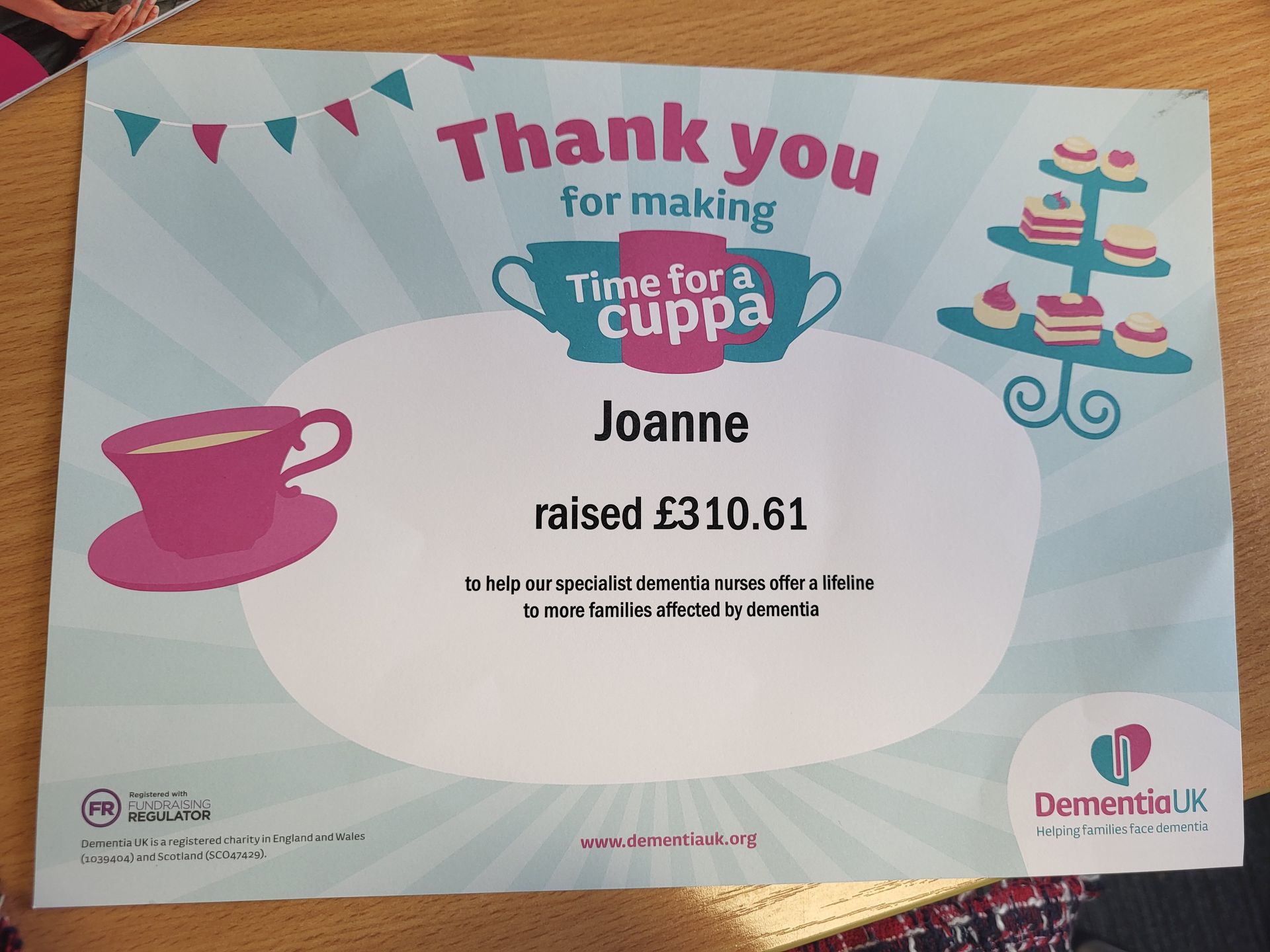Why dehydration causes back pain
22 January 2020
On average an adult needs 1.5-2 litres of hydration during the day. The discs in your spine need water.

The discs in your back act as shock absorbers to reduce the wear and damage to your spine. They are made of an outer shell and an inner, almost liquid centre, much like a jam doughnut. The inner centre takes the majority of the load when we stand up. Over the course of a day, the discs lose water and become dehydrated and this is why at the end of the day you are 7-15mm shorter that you are when you first stand up in the morning.
Night time recovery
Overnight the discs rehydrate (providing there is free water in the body). This enables them to work at their optimum and this in turn reduces the likelihood of back pain.
Some people reduce their fluid intake in the evening to reduce the risk of accidents in the night or to reduce the number of times they need to get up in the night. This may result in poor rehydration of the discs and the resulting consequences of back pain as the load put on the back cannot be carried as effectively.
Flex and rotate
During the day, simple flexing of the back in a side-to-side motion or a rotating motion will help to rehydrate, again providing there is free water in the body to replenish supplies.
Drinking enough
This is only one of many reasons why effective hydration is essential for the body to work at its best. On average an adult needs 1.5-2 litres of hydration (unless exercising or in hot conditions when more will be required) which can be in the form of water, diluted juices, fresh juices, carbonated drinks and caffeine free hot drinks. Caffeinated drinks can be counted for regular coffee and tea drinkers, but alcohol cannot be counted due to its dehydrating properties.

Here we are – it's definitely winter and we are experiencing on and off freezing conditions. Typical British weather – damp and drizzly one day and hard frosts or snow the next. There are many things we can do to stay warm and well but this can be much harder for older and vulnerable people so they may need some help.














